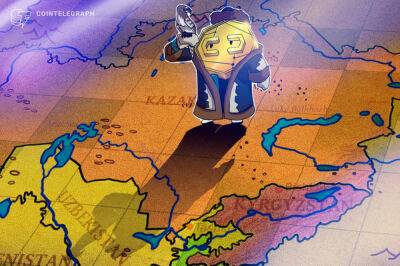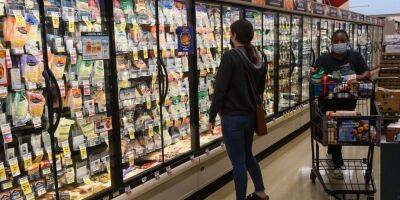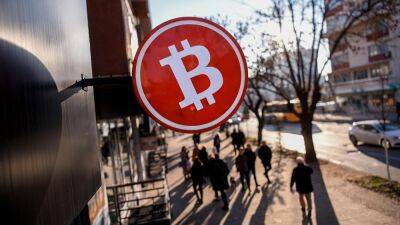Further 250,000 UK households face destitution in 2023, warns NIESR
More than 250,000 households will “slide into destitution” next year, taking the total number in extreme poverty to around 1.2m, unless the government acts to help the poorest families hit by the energy price shock, according to the National Institute for Economic & Social Research (NIESR).
More than 1.5m households will see the rise in food and energy bills outstrip their disposable income, forcing them to rely on savings or extra borrowing to make up the shortfall, said the thinktank, which blamed welfare spending cuts since the Brexit vote in 2016 for leaving millions of families in a vulnerable financial position.
To prevent a jump in poverty levels, the government must raise universal credit payments by £25 a week immediately while handing the 11.3m lowest-income households a one-off cash payment of £250, NIESR said.
The dire situation facing many low-income families was likely to persist after the government committed only limited funds to its skills budget and levelling up agenda in the budget in March, it added.
Inflation, which NIESR forecasts to average 7.8% this year after peaking at 8.5% in the autumn – lower than the Bank of England’s 10% estimate – will fall next year, but the government’s reliance on loans to support poor families, which must be repaid over subsequent years, will mean poverty levels remain elevated.
NIESR said the main subsidy for fuel – a 5p cut in fuel duty – was badly targeted and would mainly benefit better-off drivers with the largest, fuel-hungry vehicles.
Explaining its outlook for the economy over the next three years – with lower growth and rising unemployment leading to a recession in the second half of 2022 – NIESR boss Jagjit Chadha said the government’s policies could be directly
Read more on theguardian.com







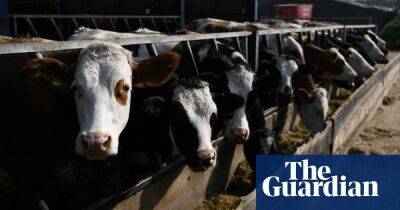


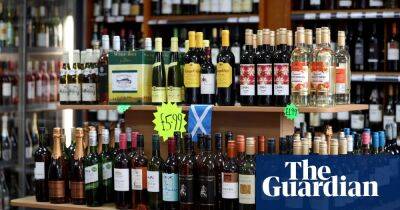


![Binance Coin [BNB] loses $290; could it expect a bounce in next two days - ambcrypto.com](https://finance-news.co/storage/thumbs_400/img/2022/6/7/28647_suaw.jpg)
